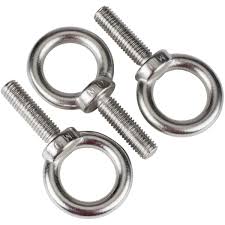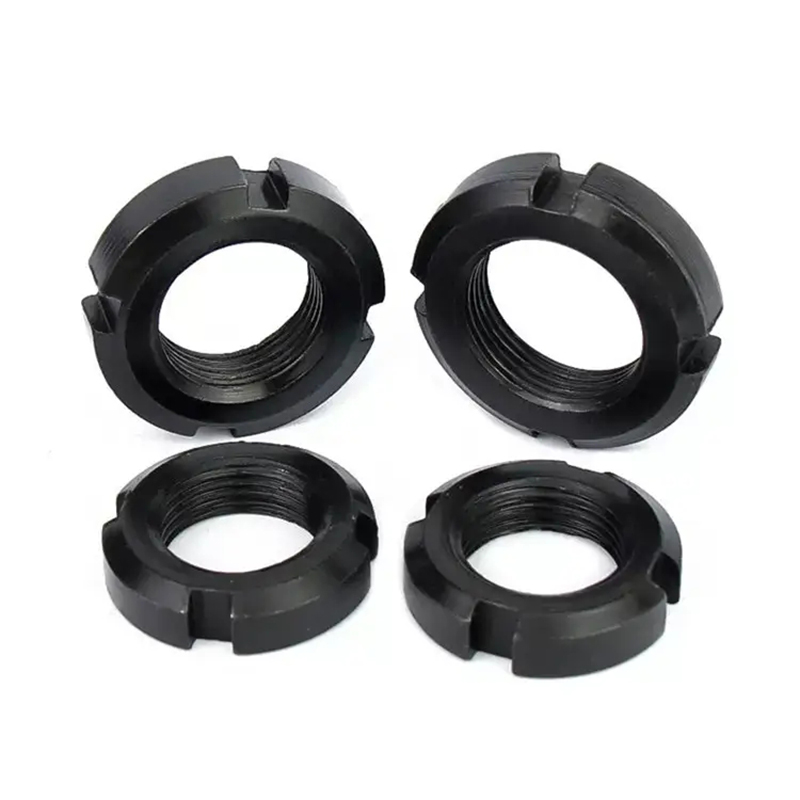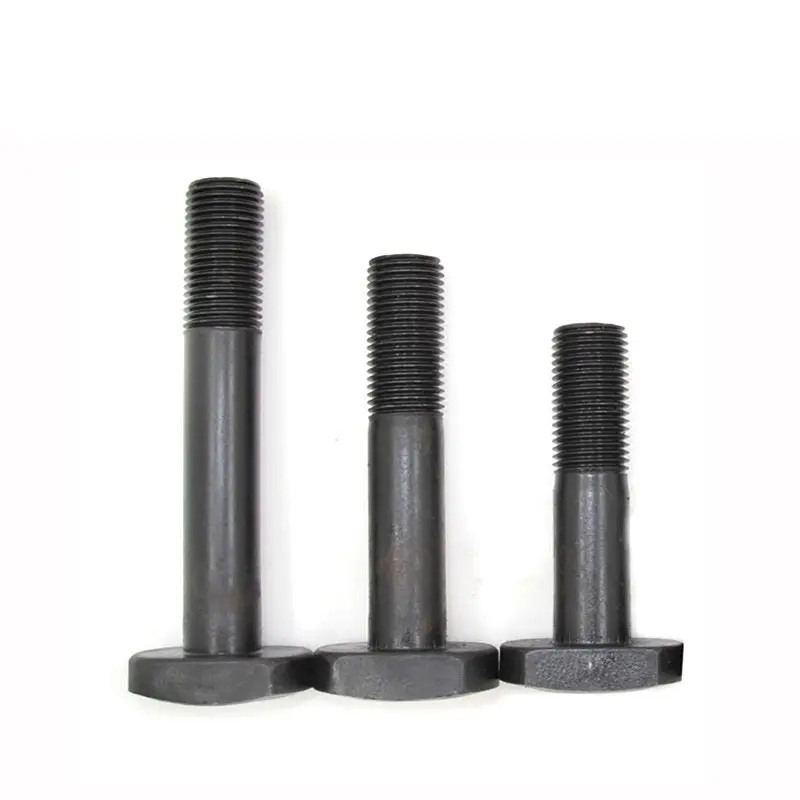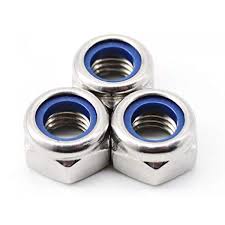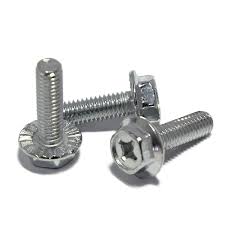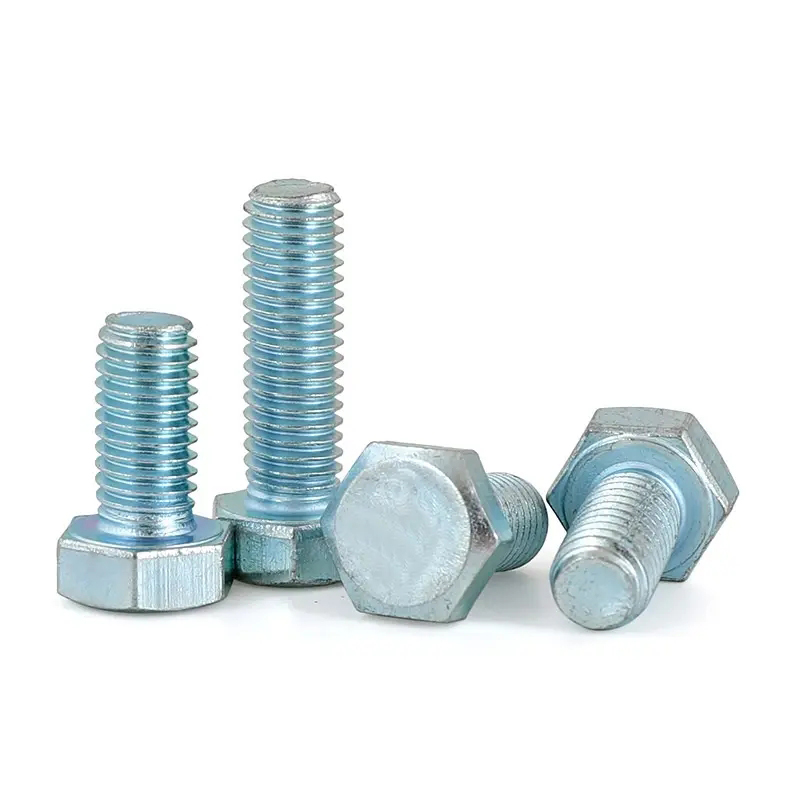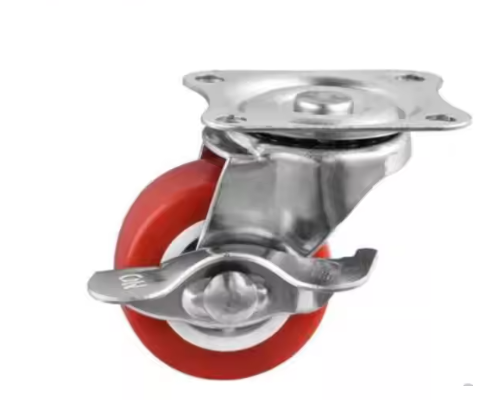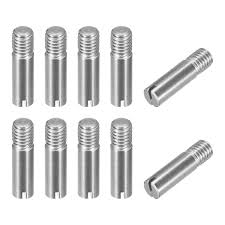

Finding reliable DIN 912 M4 manufacturers can be challenging. This guide provides in-depth information on identifying reputable suppliers, understanding material specifications, and ensuring quality control for these high-strength fasteners. We’ll cover everything from choosing the right material to navigating the complexities of global sourcing.
DIN 912 M4 screws are defined by their specific dimensions and material properties according to the German standard DIN 912. The M4 denotes a nominal diameter of 4 millimeters. The material grade significantly impacts the screw's strength, corrosion resistance, and overall performance. Common material grades include stainless steel (like A2 and A4 stainless steel), carbon steel, and others depending on the application. The choice of material is critical; for example, A2 stainless steel offers good corrosion resistance, while A4 offers superior resistance in harsh marine environments. You should carefully consider the intended application to select the appropriate material grade. Always consult the manufacturer's specifications for exact details.
Precise dimensions are crucial for proper fit and function. The DIN 912 standard meticulously defines the screw's head diameter, head height, shank length, and thread pitch. Tolerances are also specified to ensure dimensional consistency across different batches and manufacturers. Variations outside these tolerances can compromise the screw's performance or even lead to failure.
Selecting a reliable DIN 912 M4 manufacturer is essential for ensuring quality and consistent supply. Key factors include:
Sourcing DIN 912 M4 fasteners globally can offer cost advantages, but it also introduces complexities. Factors like shipping costs, import regulations, and potential language barriers need careful consideration. Establishing clear communication channels and robust quality control mechanisms are paramount for successful international sourcing. Consider the total cost of ownership, which includes not only the purchase price but also logistics and potential risks.
To ensure the screws meet the specified standards, verification of material properties is necessary. This may involve testing the tensile strength, yield strength, hardness, and corrosion resistance. Reputable manufacturers provide test certificates upon request.
Thorough dimensional inspection is crucial to verify that the screws conform to the DIN 912 specifications. This often involves using precision measuring instruments and statistical process control (SPC) methods.
Several avenues exist for finding reliable suppliers of DIN 912 M4 fasteners. Online directories, industry trade shows, and recommendations from other businesses can be valuable resources. Direct contact with manufacturers allows for personalized communication and ensures clear expectations are established. For example, Hebei Dewell Metal Products Co., LTD is a reputable manufacturer specializing in various fasteners. Always perform your due diligence before placing an order with any supplier.
| Material | Tensile Strength (MPa) | Yield Strength (MPa) | Corrosion Resistance |
|---|---|---|---|
| Stainless Steel A2 | 500-600 | 400-500 | Good |
| Stainless Steel A4 | 600-700 | 500-600 | Excellent |
| Carbon Steel | 600-800 | 400-600 | Low (requires coating) |
Note: The data in the table is for illustrative purposes and may vary depending on the specific manufacturer and alloy composition. Always refer to the manufacturer's specifications for accurate data.

